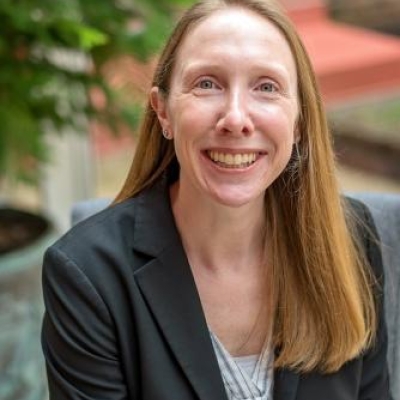Even though measures to improve charter school quality are currently stalled in the Ohio General Assembly, Fordham remains dedicated to our work as an advocate for high-quality school choice in Ohio. Toward that end, and in partnership with our colleagues at the National Association of Charter School Authorizers (NACSA) and National Alliance for Public Charter Schools (NAPCS), we recently filed a brief in support of the Ohio Department of Education (ODE)’s efforts to close two low-performing schools in the Cleveland area.
The case, Governing Authority et al v. Ohio Department of Education, is ultimately about whether a sponsor (also known as an authorizer) has the authority to close a charter school that has failed to meet contractual performance standards.
The schools at issue, Cleveland Community School and Villaview School, were sponsored by the Portage County Educational Service Center. Last April, ODE revoked Portage’s sponsorship authority for attempting to circumvent the law and mislead parents and students. ODE, in accordance with state law, then assumed sponsorship of the schools and evaluated the schools’ performance against the performance standards detailed in the schools’ sponsorship contracts with ODE.
ODE, in its role as the new sponsor, found in its performance evaluation that the schools had historically been weak academically and failed to meet student performance requirements. The evaluation also turned up failures to correct deficiencies related to special education and potential governance issues. Taken together, ODE deemed these shortcomings sufficient to merit suspension of the schools, which in practice meant that they would close.
The schools subsequently fought the decision in Cuyahoga County Common Pleas court, asking for injunctive relief to stay open.
As has been recognized nationally, Ohio’s charter schools have a quality problem. In our brief, NACSA, NAPCS, and Fordham argued that part of the work of a sponsor is safeguarding the interests of students and families—and indeed, the public interest—when a school is not performing. The Ohio experience has demonstrated quite clearly that the charter system only works if sponsors are able to hold schools accountable, including suspending and closing them when necessary.
In its July 27 decision denying the schools’ request for an injunction, the court noted that the schools continually failed to deliver promised student outcomes. The court acknowledged the impact of closure on the schools, but stated, “[I]t is hard to see how transitioning students, whose educational needs have gone unmet at the Cleveland Community Schools, to better performing schools will result in irreparable harm.”
Well said.



